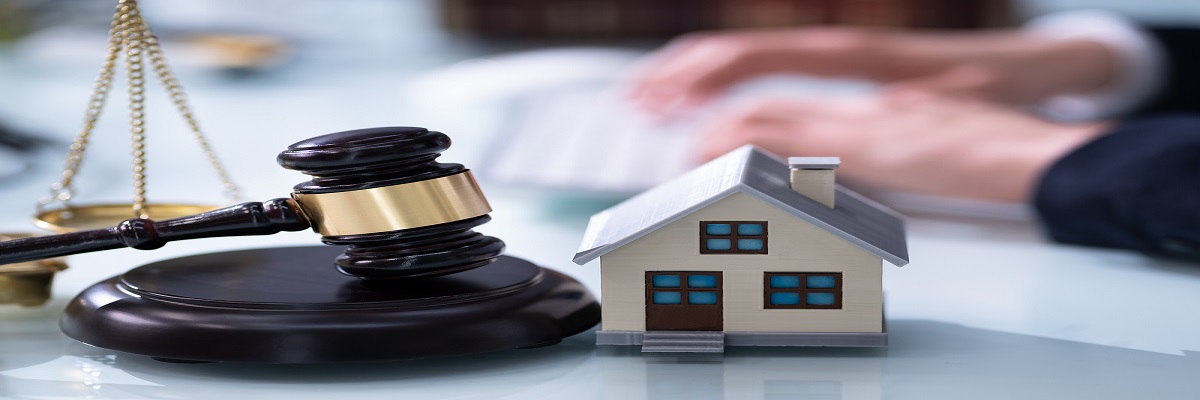Call: 888-297-6203
Personal bankruptcy can be filed under chapter 7 or chapter 13. The fate of investment property depends on which chapter you file under. In case of chapter 7, any property which is not protected by exemptions can be liquidated by the trustee and the proceeds distributed between unsecured creditors. In chapter 13, you can even keep your non-exempt property if you pay for it through the 3-5 years repayment plan. Dallas based law firm explains what happens to real estate investment in different chapters.
Real estate in chapter 7
Any property that is protected through exemptions (state or federal) cannot be taken by the bankruptcy trustee. Homestead exemption is applicable to residential property only and not on property purchased as an investment. Thus, your rental property is generally not exempted in chapter 7 bankruptcy and probably could be liquidated. In case you owe more on your investment property than it is worth, you could give it up in chapter 7 bankruptcy. usually, the trustee too will not touch it as the earning on liquidating it would go to clear the loan and lien and leave nothing for the creditors.
You have a choice to decide what to do with your secured debts in chapter 7 bankruptcy. If you choose to surrender the property, your liabilities towards the property including the debts will be eliminated. Any amount you owe that goes above the value of property is discharged. You might end up losing any equity you have in the property, even if you wish to reaffirm the loan or continue making payments for it as the trustee may sell it to generate funds to pay the creditors.
Real estate in chapter 13
In this case, you can keep investment property by repaying some portion of the debt through the repayment plan. The investment property might increase the chapter 13 plan payments as you need to pay your unsecured creditors an amount equivalent to your non-exempt property. Additionally, chapter 3 allows you to catch up on past due payments through arrearage which can be added to your repayment plan. If you stay current on your payments, you can avoid foreclosure on your investment property too. Chapter 13 also allows you to cram down on your mortgage thereby reducing the amount you owe on investment property to its current worth. However, the reduced amount needs to be paid entirely through the 3-5 years repayment plan.
In case you have an investment property that you wish to keep, you can call (888-297-6203) to consult with experienced bankruptcy lawyers.

